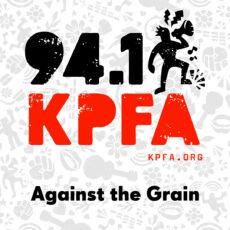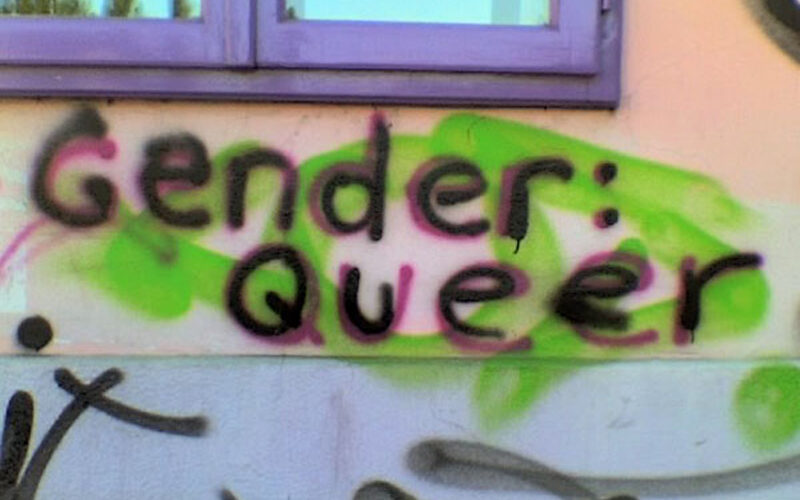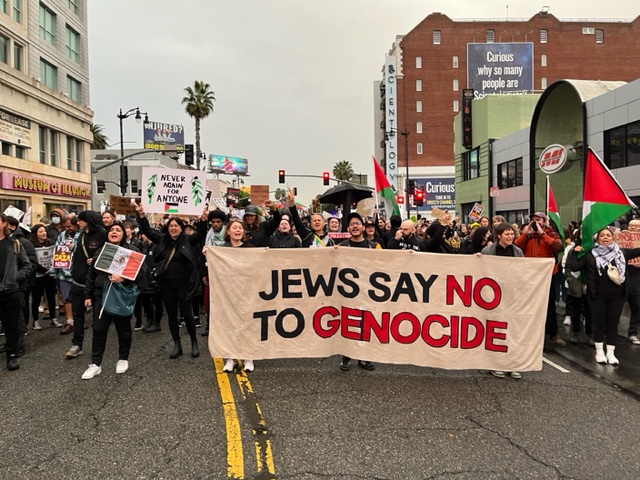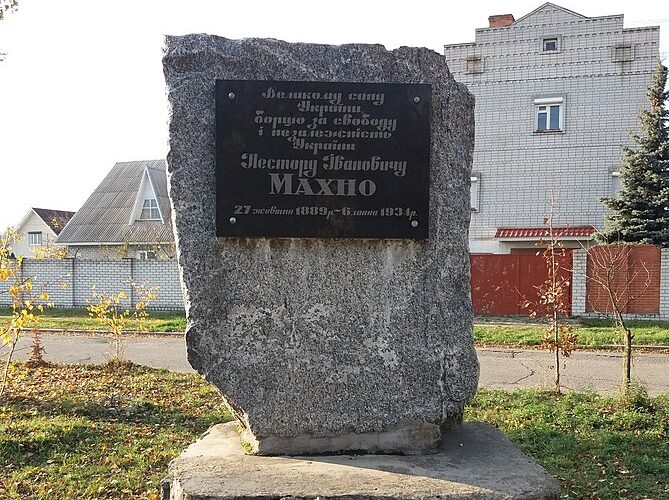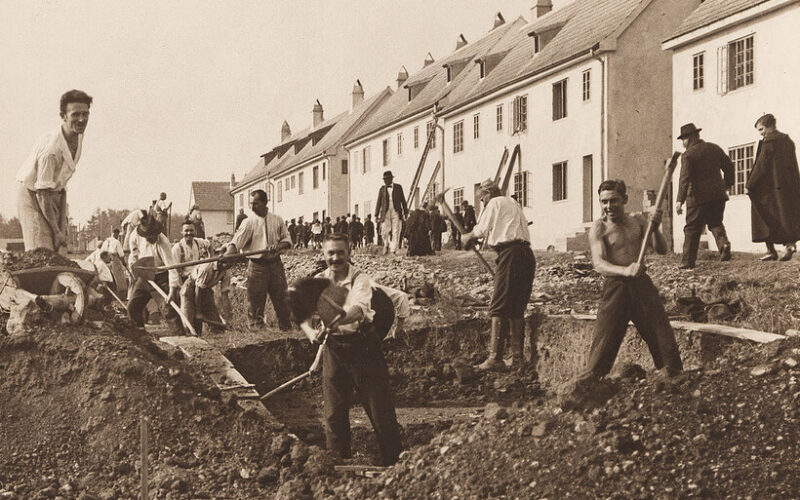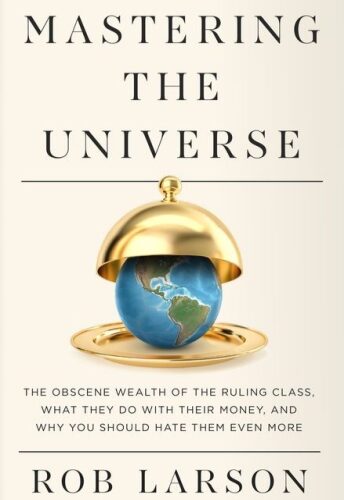Is there such a thing as core gender identity? Are queer and trans people born that way? And what role does trauma play in shaping gender? Drawing on psychoanalytic theory and practice as well as queer and trans studies, Avgi Saketopoulou and Ann Pellegrini, each a clinician and NYU-based scholar, contest the notion that gender is fixed and … Continued


